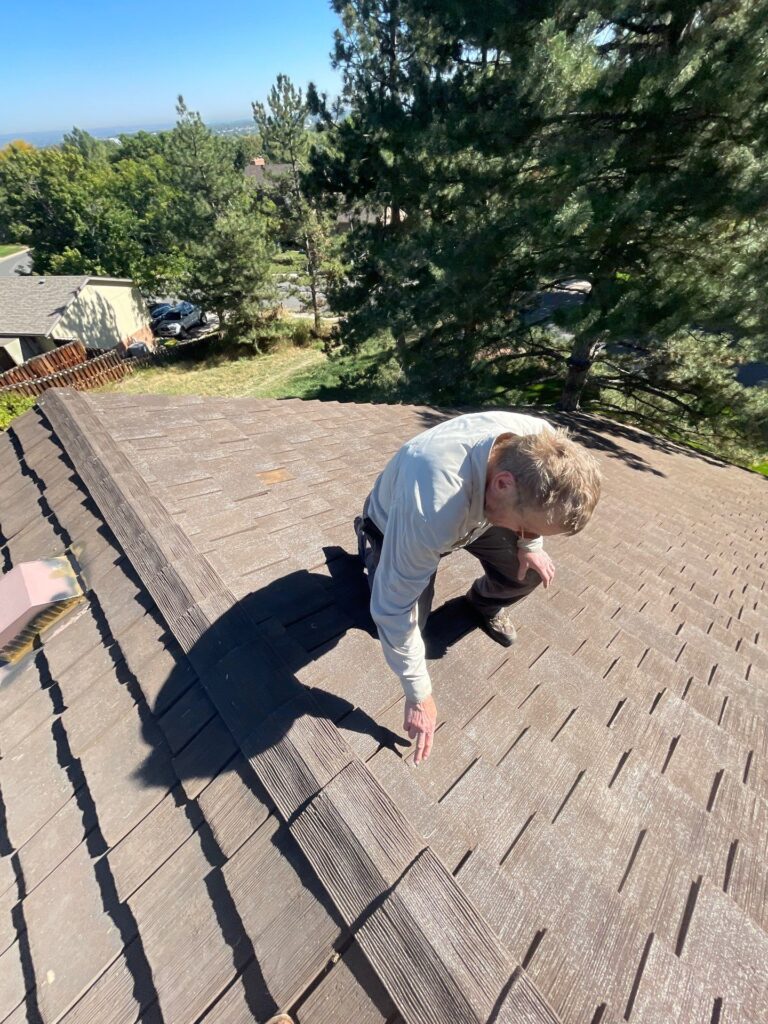Roof repairs are often essential, even during the colder months. While some challenges exist when addressing roofing issues in the winter, with the right preparation and expertise, it is entirely possible to conduct effective and lasting repairs. This comprehensive guide explores the nuances of winter roof repairs and what you need to know to protect your home and investment.
Challenges of Winter Roof Repairs
Winter presents unique challenges for roof repairs, primarily due to colder temperatures, snow, and ice. These conditions can make the roofing surface slippery, increasing the risk for workers and potentially delaying the completion of repairs. Additionally, the materials used in roofing, such as asphalt shingles, can behave differently in cold weather.
Impact of Temperature on Materials
Most asphalt shingles require a temperature of 40°F or higher for proper installation. The adhesive seal tabs on shingles need warmth from the sun to activate and bond correctly. If installed improperly in freezing conditions, the shingles may not adhere well, leading to potential leaks or damage.
Roofing Surface Conditions
Snow and ice must be cleared from the roof before repairs can begin. This step ensures a safe work environment and prevents additional water damage from melted ice seeping into the roof structure. Specialized tools and de-icing agents can expedite this process.
Types of Roof Repairs Feasible in Winter
Not all roofing work can or should be performed in the winter. However, urgent repairs, such as fixing leaks or replacing damaged flashing, are both necessary and achievable.
Emergency Roof Repairs
Leaks and storm damage often require immediate attention. Addressing these issues promptly prevents further structural damage and ensures the safety of the home’s interior.
Minor Shingle Repairs
Replacing a few damaged shingles is possible with the correct techniques and materials. Using a heat gun can help activate the adhesive seals in colder weather.
Best Practices for Winter Roof Repairs
When repairs cannot wait until spring, following best practices ensures successful outcomes.
Hiring Professional Roofing Services
Always work with experienced professional roofers in Denver, CO, such as those at Tried and True Roofing, who understand the complexities of winter roofing. Their expertise minimizes risks and ensures quality workmanship.
Scheduling on Optimal Days
Choose days with mild weather conditions whenever possible. Sunny days, even in winter, can warm the roofing surface, making repairs more manageable.
Using Cold-Weather Materials
Specialized cold-weather adhesives and materials can enhance the durability of repairs performed in freezing temperatures.
Long-Term Solutions: Winter Roof Maintenance
Proactive maintenance is the best way to avoid winter roofing emergencies. Inspect your roof in the fall for loose shingles, damaged flashing, and clogged gutters. Addressing these issues before winter arrives reduces the likelihood of costly repairs.
Benefits of Regular Inspections
Routine inspections identify potential vulnerabilities, such as worn seals or cracked shingles, that worsen with ice and snow accumulation.
Protective Measures
Install snow guards and de-icing cables to manage snow loads and prevent ice dams, which are common causes of winter roof damage.
Conclusion
While winter roof repairs can be challenging, they are not impossible with the right preparation and expertise. Prioritize safety, use appropriate materials, and rely on skilled professionals for any roofing needs. Whether it’s an emergency repair or proactive maintenance, addressing issues promptly ensures your roof continues to protect your home, even in the harshest weather conditions.


